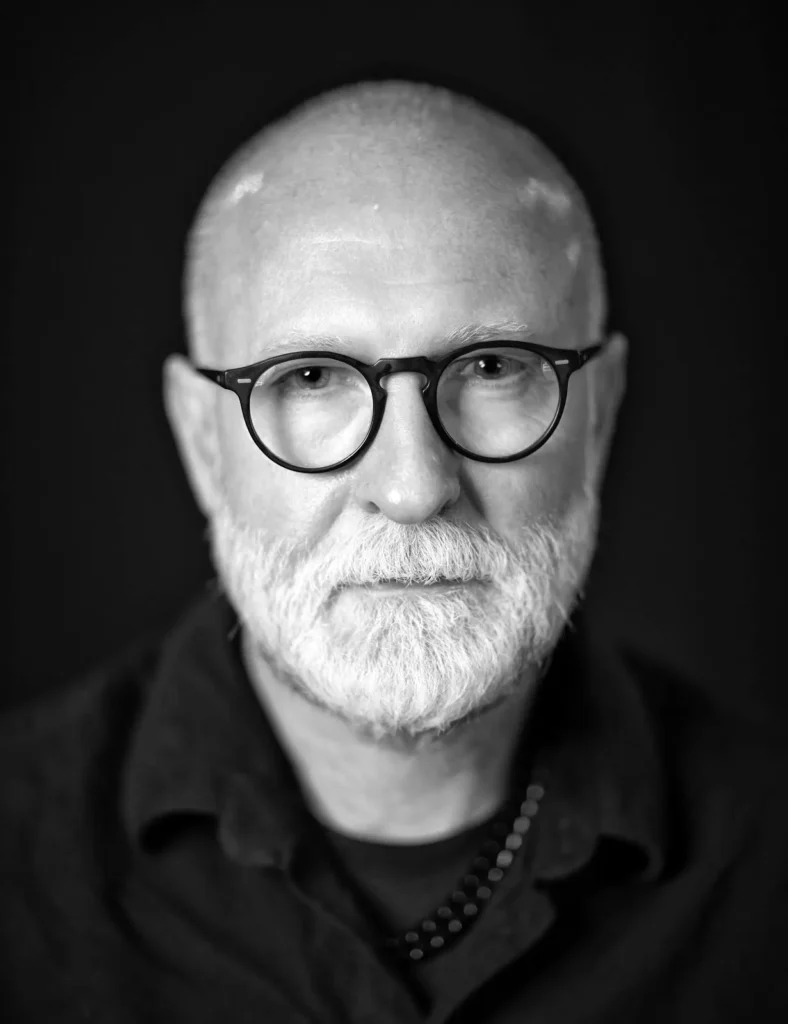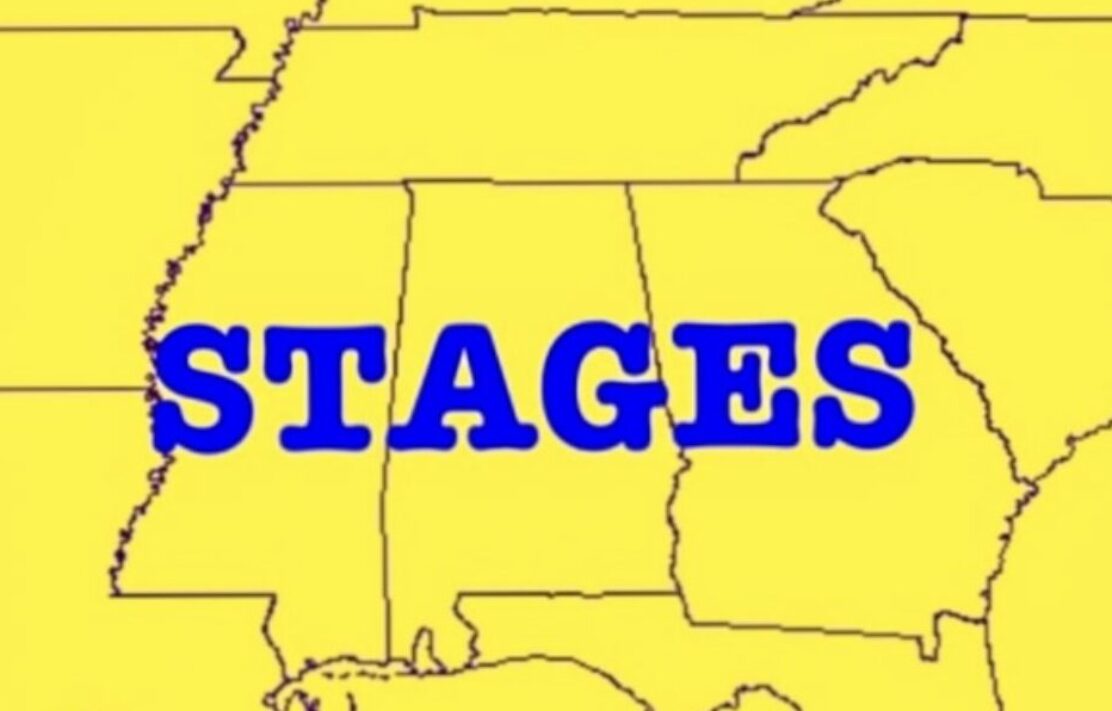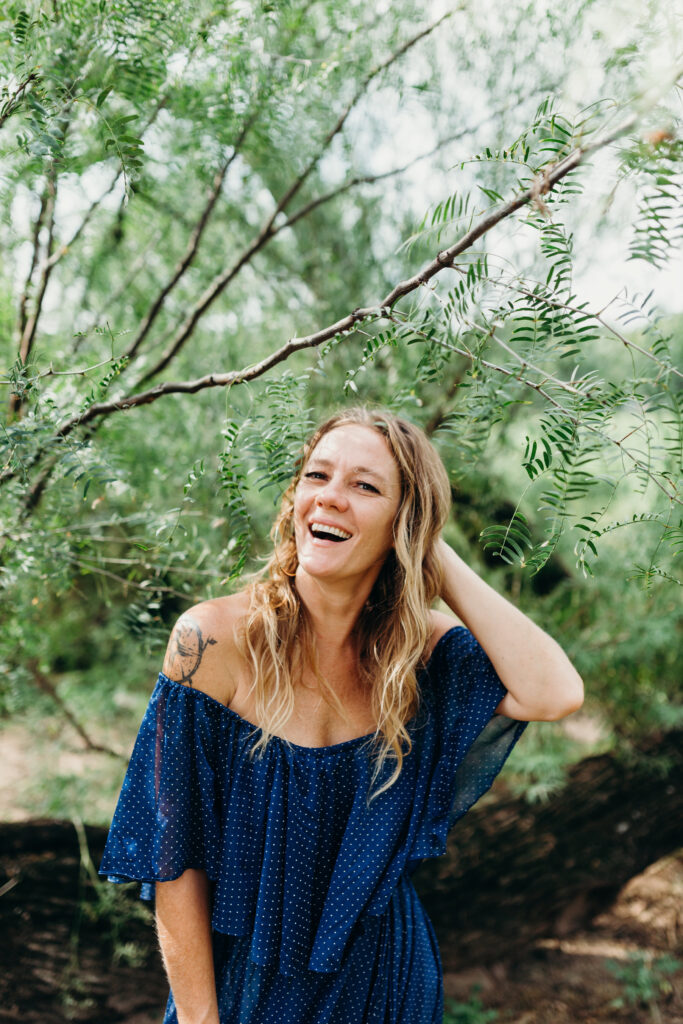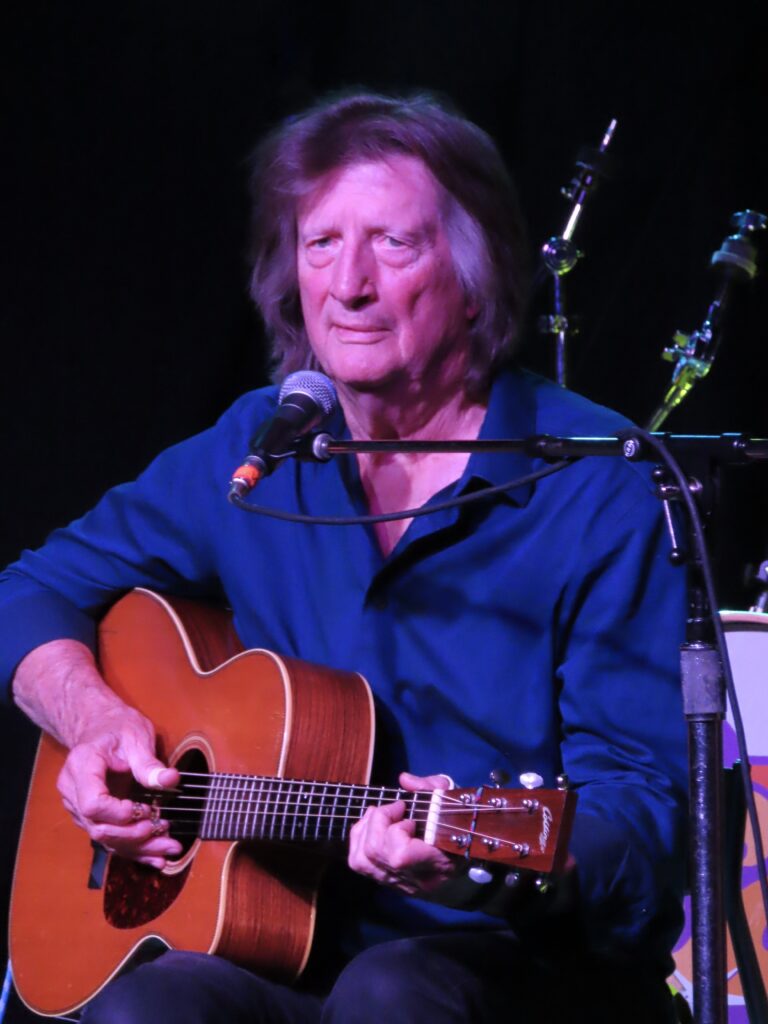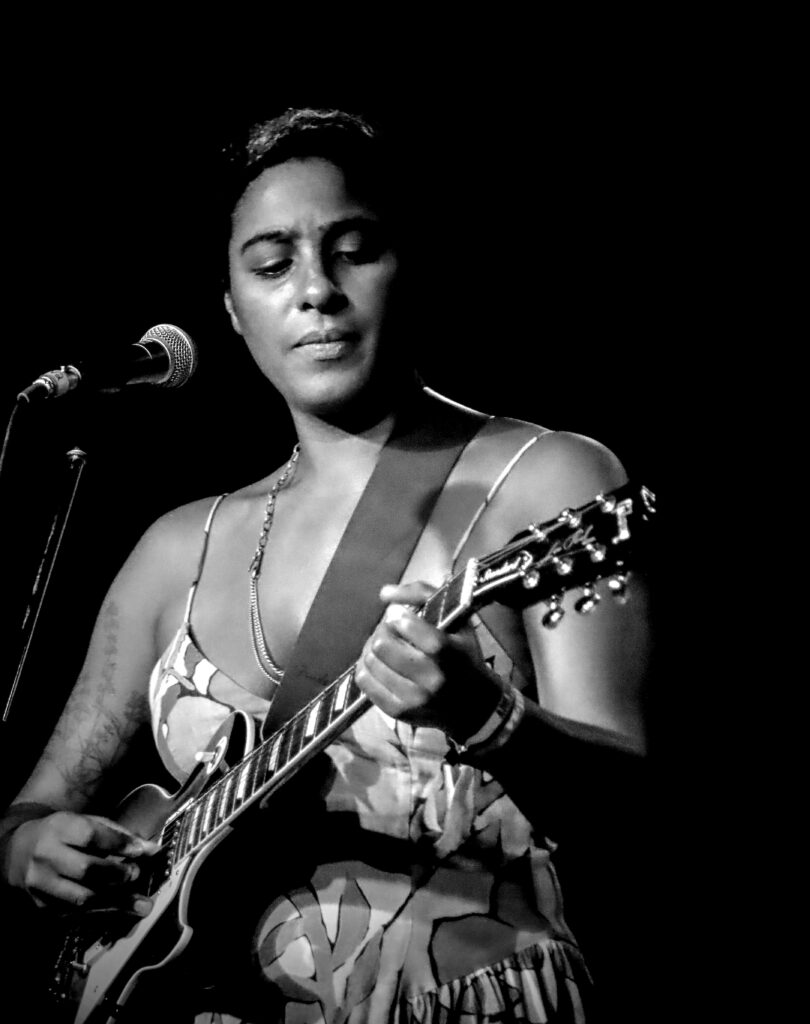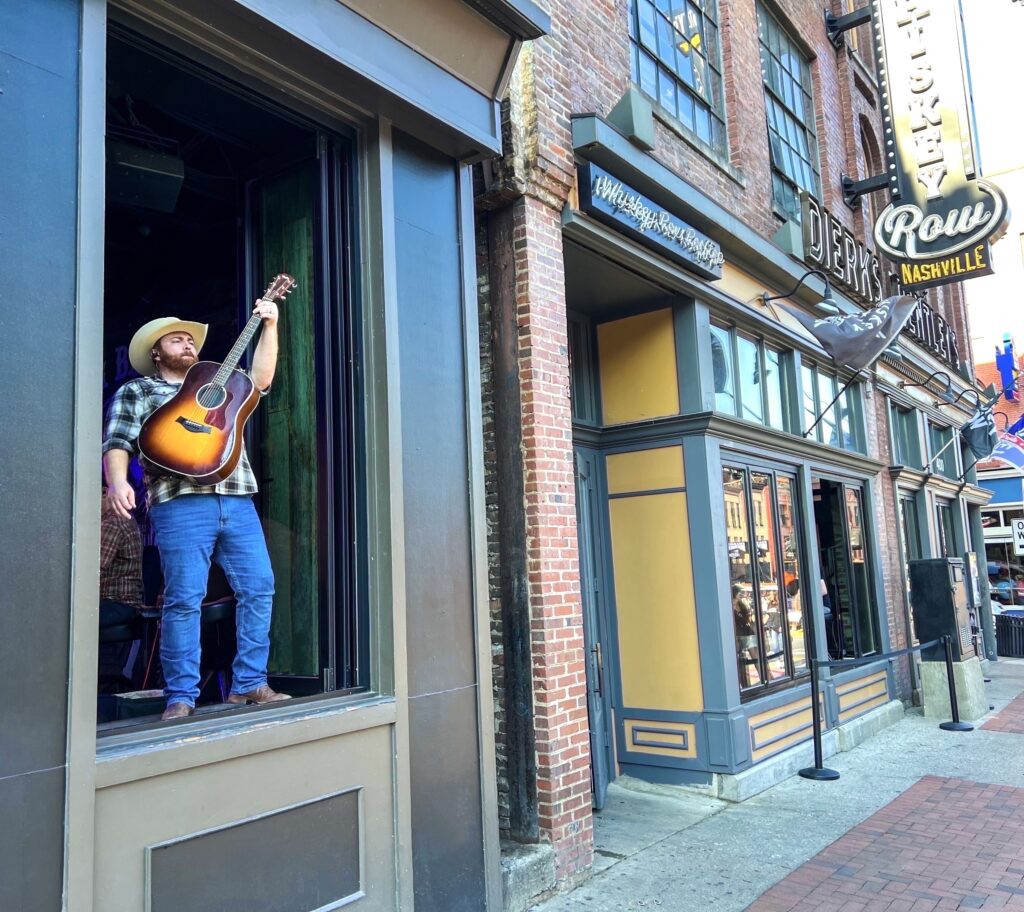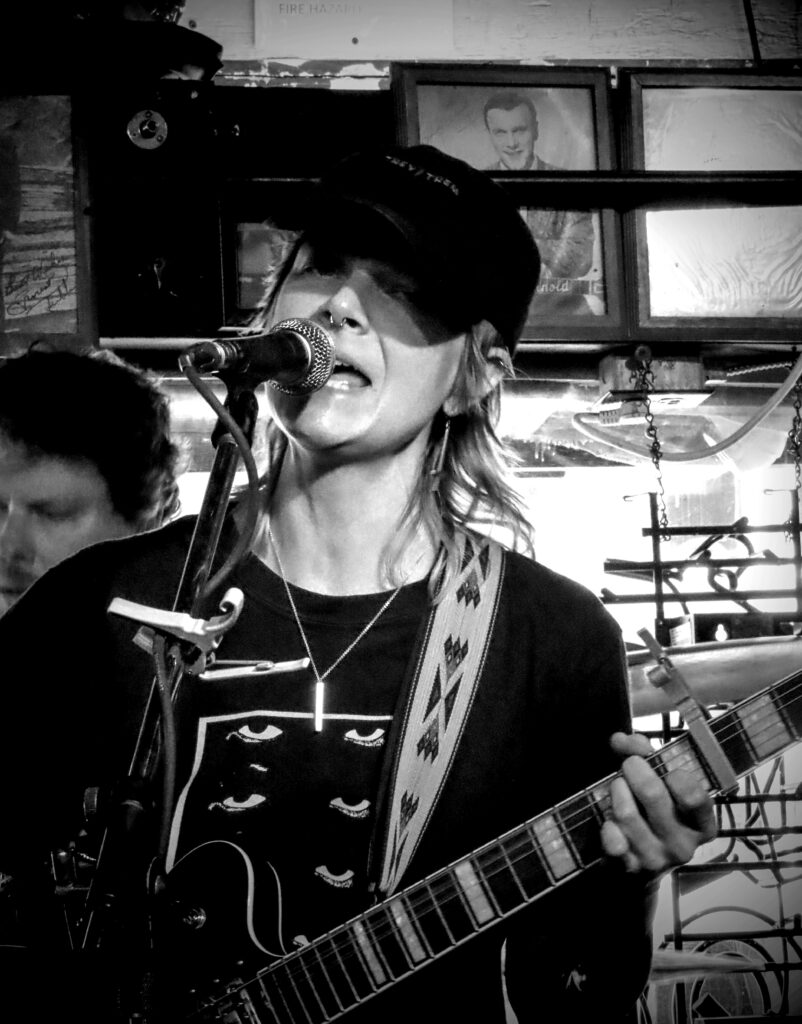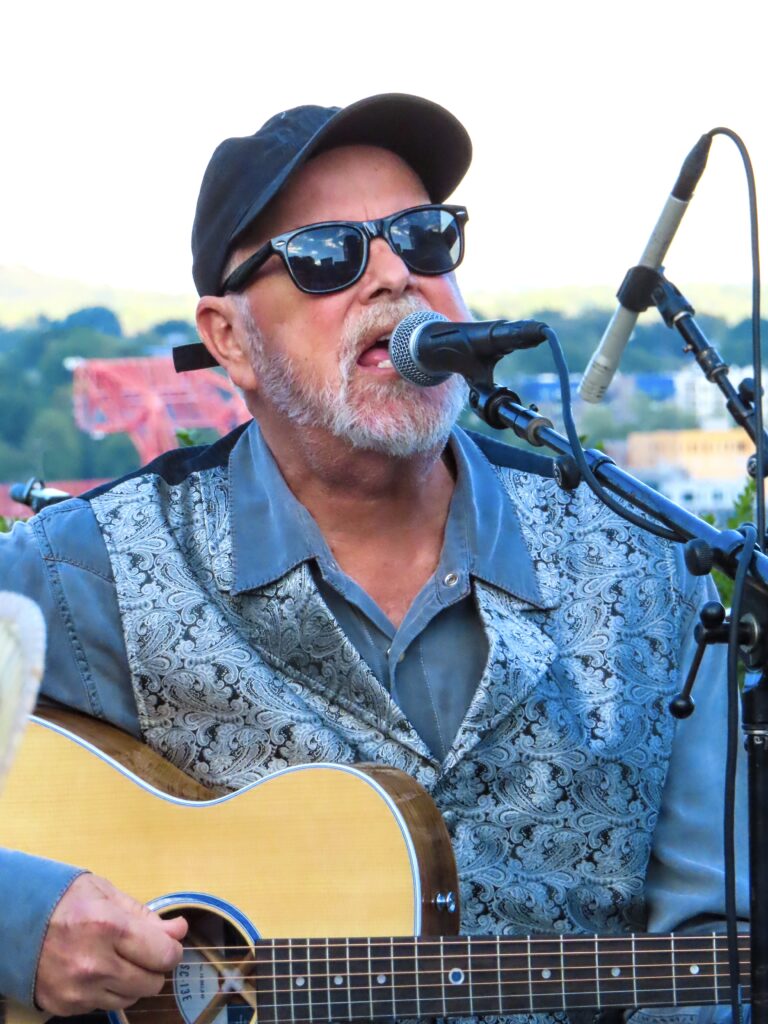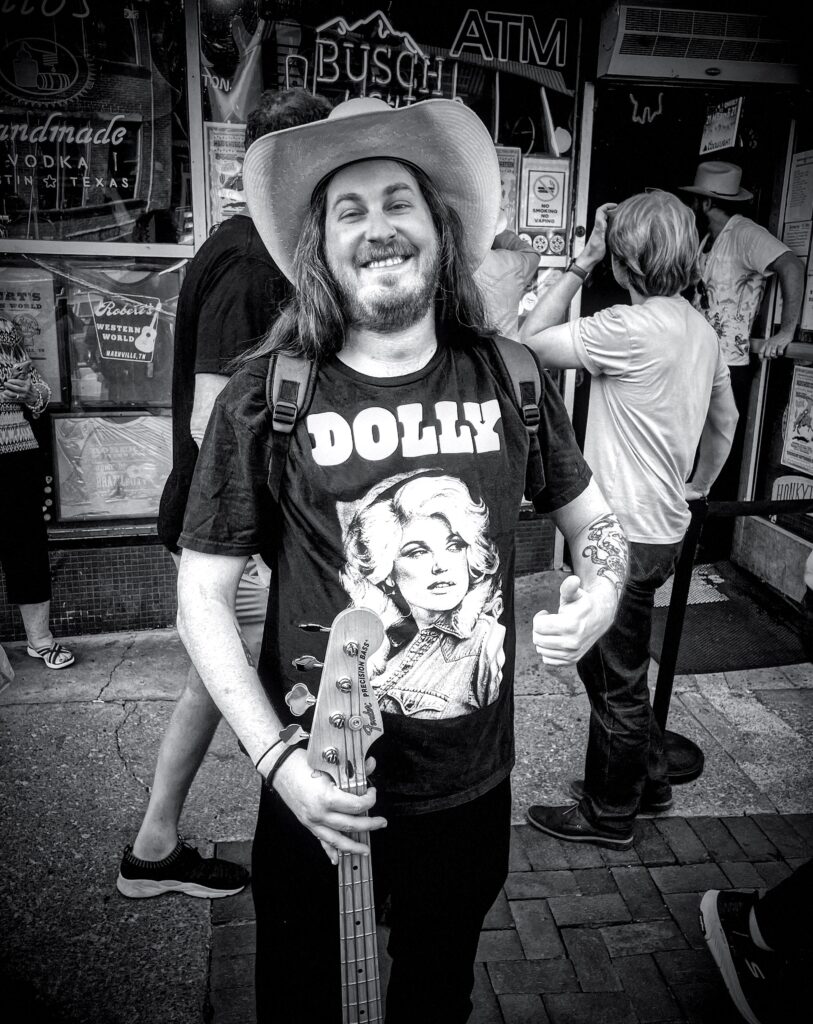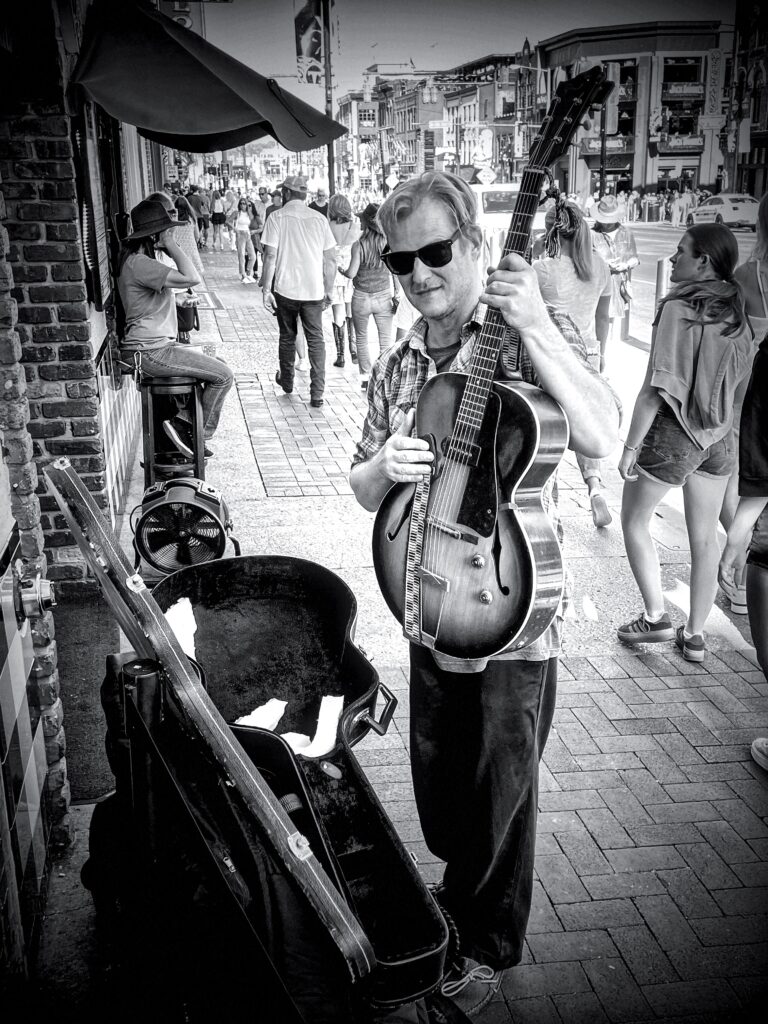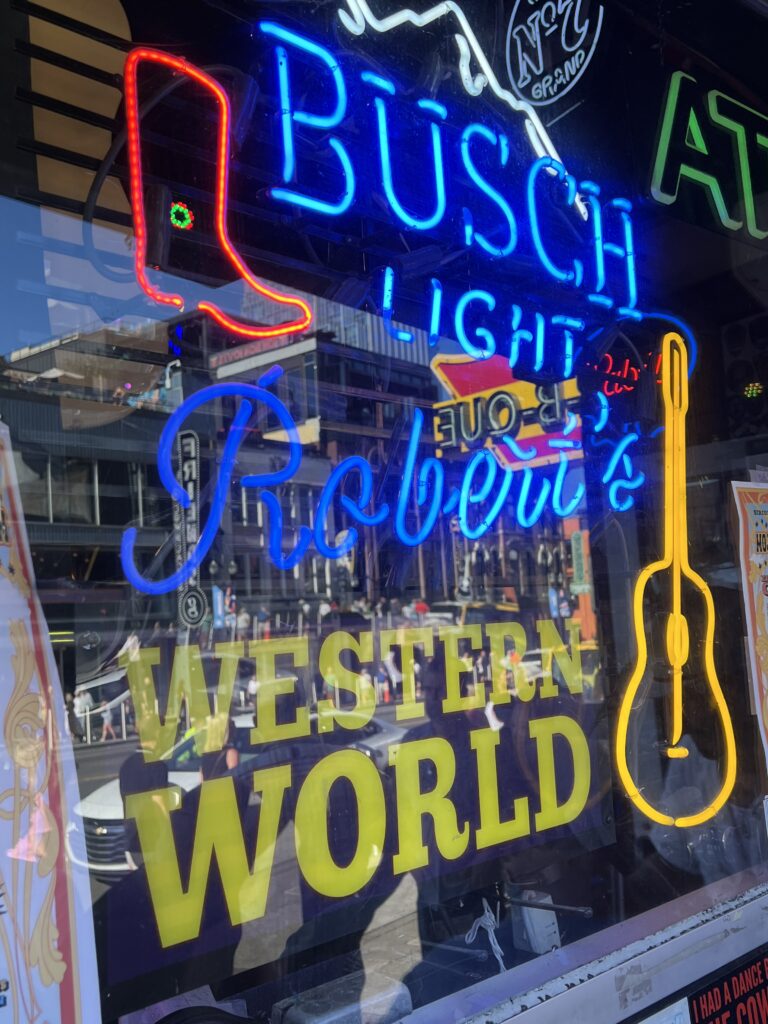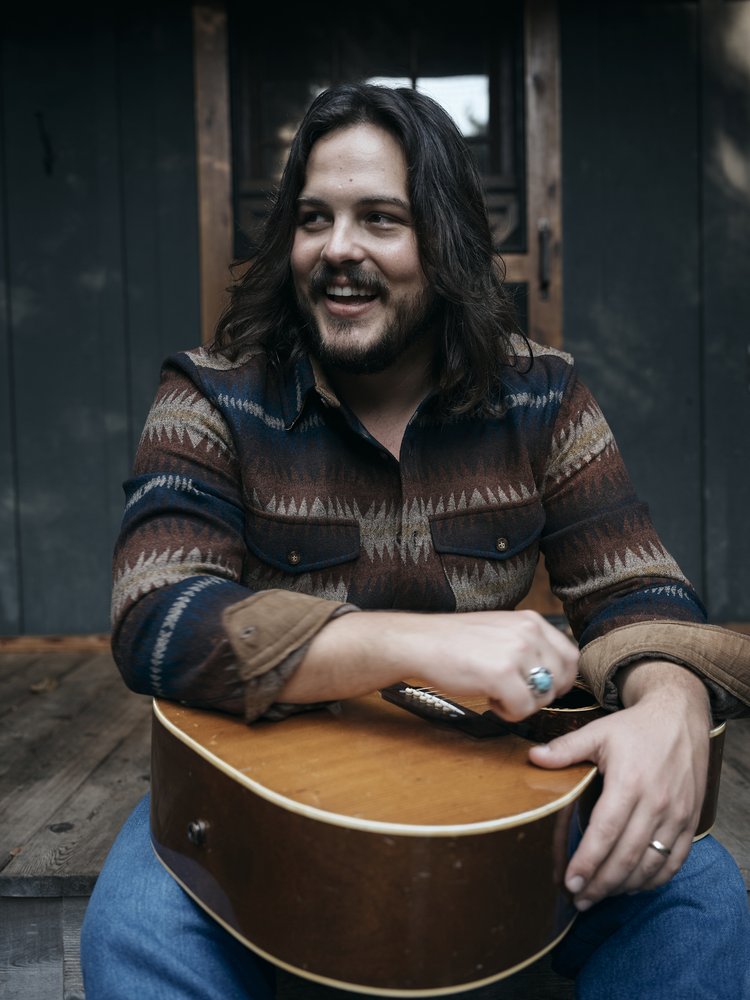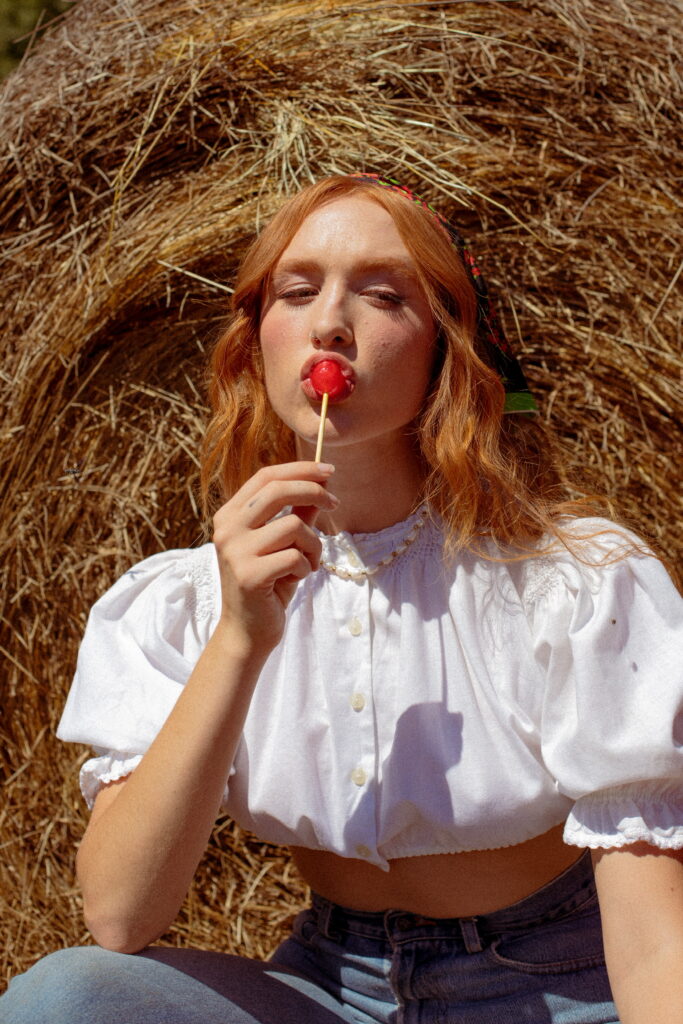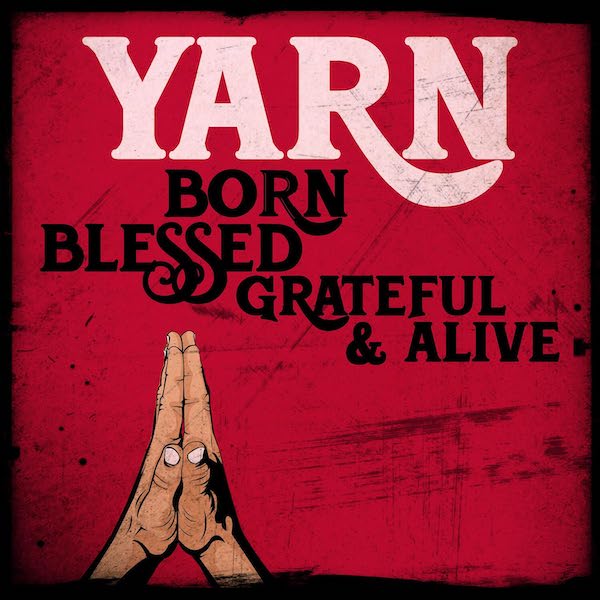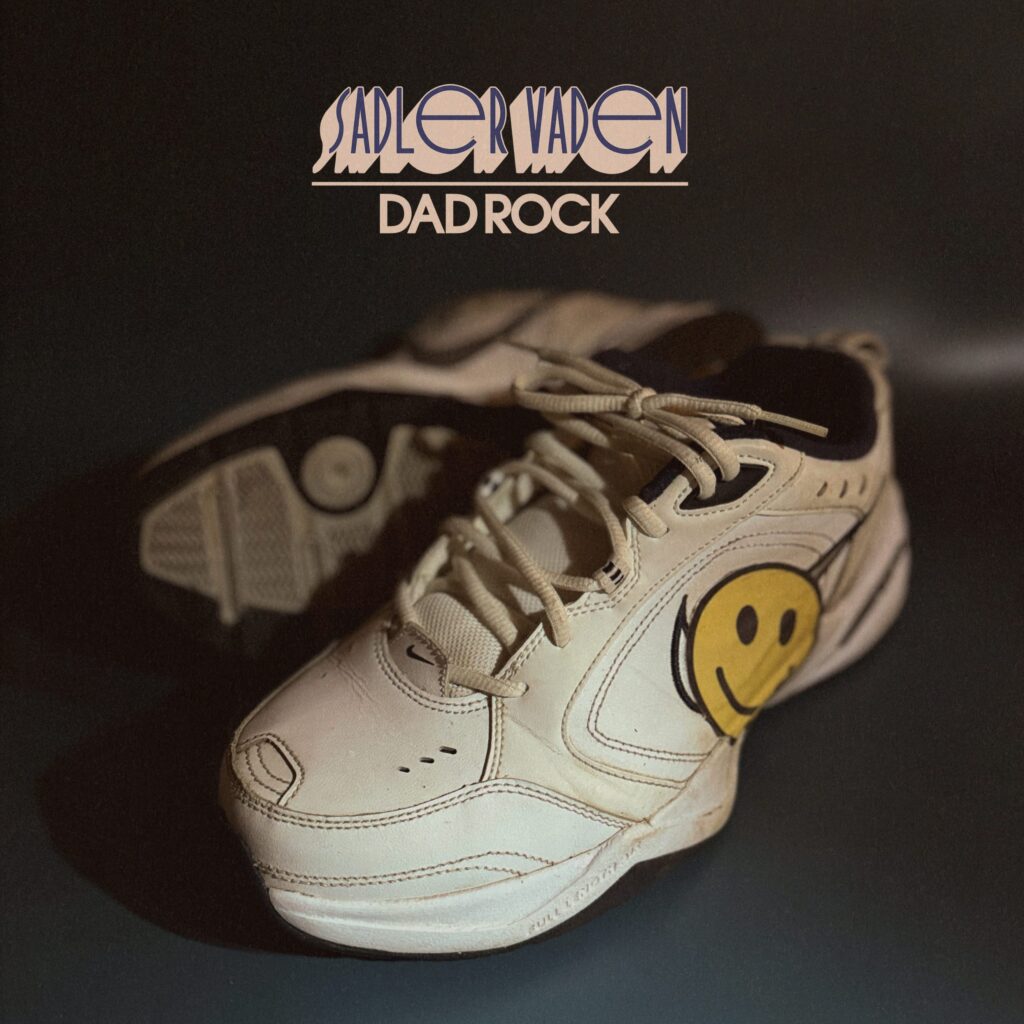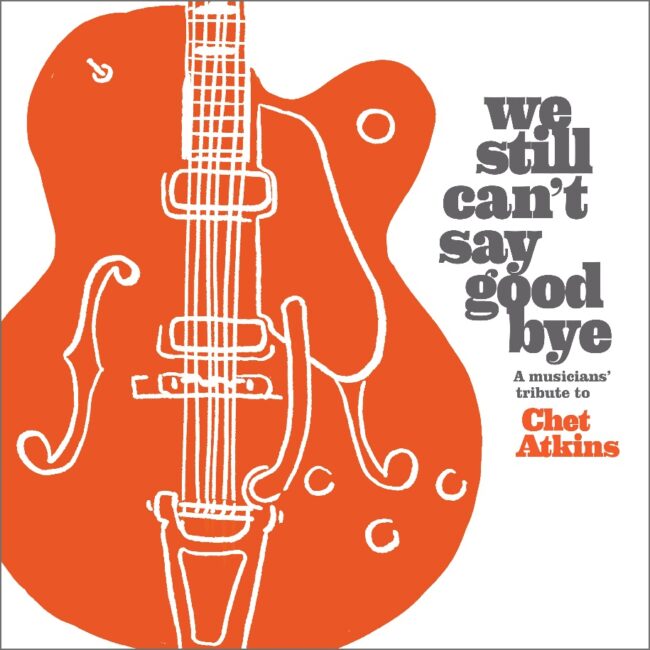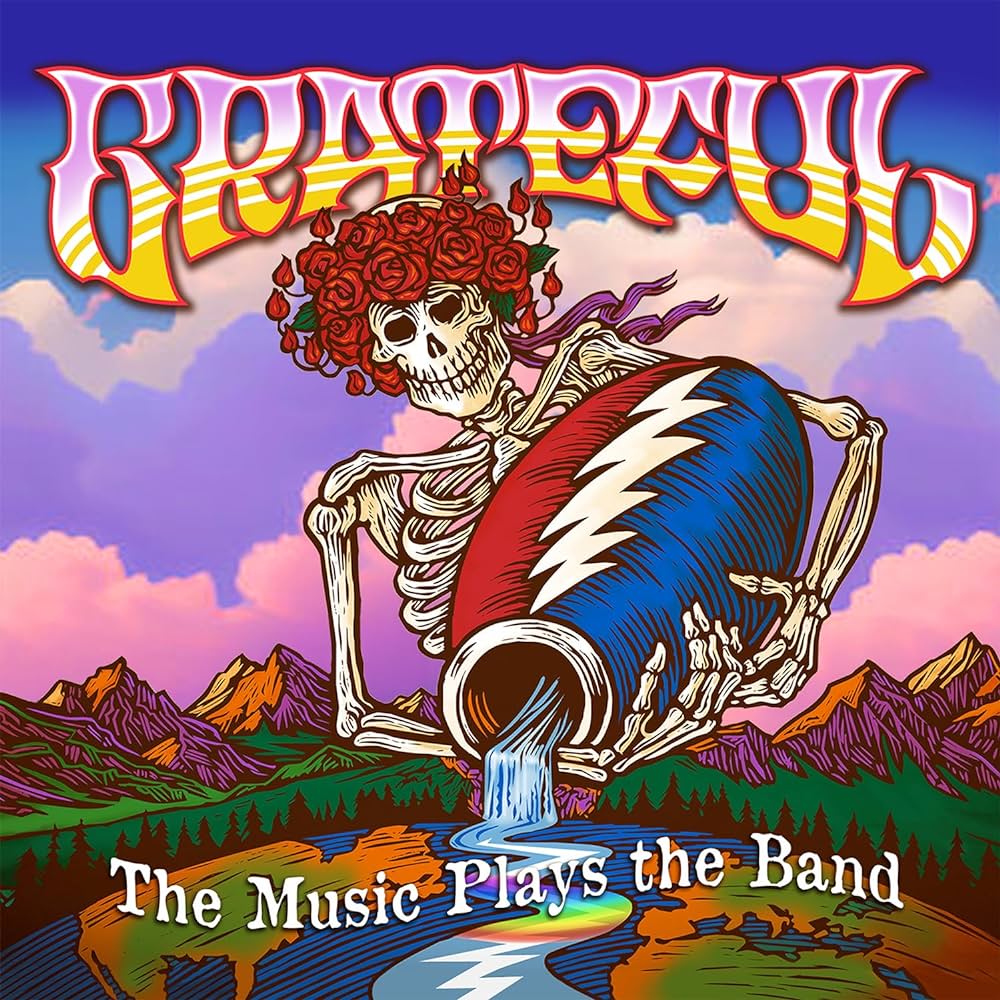By Brent Thompson
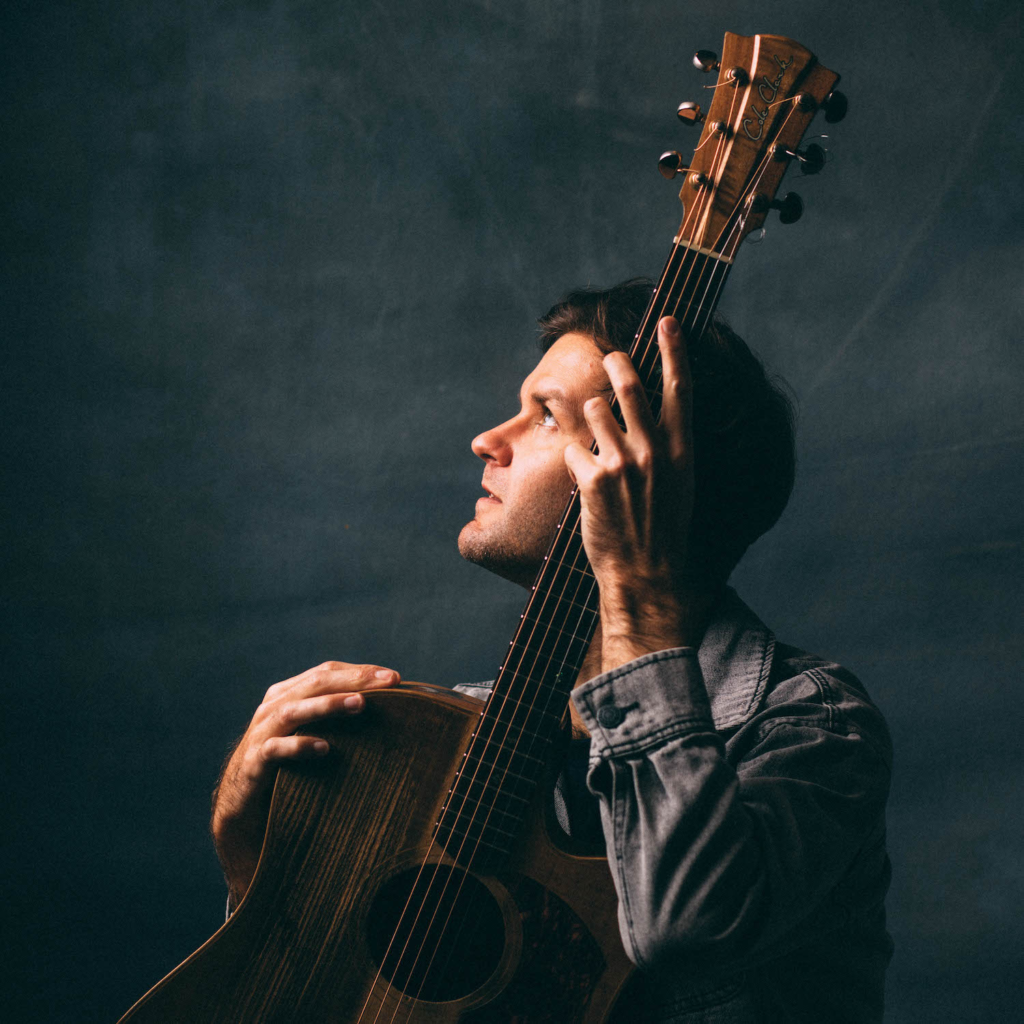
Photo courtesy of the artist
The fretboard skills of acoustic guitarists including Tommy Emmanuel, Andy McKee and the late Michael Hedges can’t be denied, but virtuoso guitarist Daniel Champagne possesses something a little extra – vocals. This combination of singing and instrumental prowess places Champagne in rare air that rises to an even higher level in the live setting. On Friday, September 6, Champagne will perform at The Upstairs at Avondale Brewing. Recently, he spoke with us by phone from his Australian home.
Southern Stages: Daniel, thanks for your time today. We are looking forward to your return to Birmingham.
Daniel Champagne: I used to play house concerts when I went through and I played there on the last tour. I’ve always had positive vibes about Birmingham – I was in living in Nashville for a while and it was often the first gig of the tour.
Southern Stages: Are you splitting time between the U.S. and Australia or are you living in Australia full-time these days?
Champagne: I’m back in Australia full-time – I live five hours south of Sydney and I usually head to the U.S. once a year. I was in Nashville from 2015 to 2020, but I’ve been back in Australia since Covid.
Southern Stages: How has 2024 shaped up for you to this point?
Champagne: It’s been very busy – I’ve already played 160 concerts this year. I started in Australia, then I did a cost-to-coast Canadian tour and we just came back from seven weeks in New Zealand, which was beautiful.
Southern Stages: With a large body of songs in your catalog, how do you comprise your setlists these days?
Champagne: There’s sort of flag posts that have just popped up over the years of songs that really work well live. As I go through the set, there are songs that interchange each night.
Southern Stages: Do you typically perform solo or with accompaniment?
Champagne: I’m solo. I’ve always been solo and probably always will be – I’m lucky that it works for what I want to do. I say I’m lucky because it makes it easier.
Southern Stages: How do songs stay fresh after you’ve performed them hundreds of times?
Champagne: It’s funny because some of the songs I would never play outside of a concert – I would never just sit in a hotel room and play it to myself. But as soon as you get in front of a new group of humans, this performing instinct kicks in and you’re excited to share this thing that you have and try to connect with them. Even with a song I’ve played 500 times, it’s still exciting and I feel it can be really good so I feel the excitement and nervousness of sharing it with a new group of people.
Southern Stages: Who were some of your influences as a young musician?
Champagne: My dad is a singer/songwriter, so he was the first person I saw playing. I had a great teacher growing up and I had him for 10 years – he was a classical guitar mostly so he taught me a lot. As a teenager, I discovered Michael Hedges and people that were experimenting more on the steel-string acoustic guitar. And, being from Australia, Tommy Emmanuel is also a big influence. There’s a never a shortage of amazing guitar players to be inspired by.
Southern Stages: Your style melds several genres. Can that be traced back to your musical exposure as a child?
Champagne: Growing up, it was about learning to play good songs by The Beatles, The Rolling Stones and Bob Dylan. When I was a teenager, I was lucky to have the classical thing because it was good for your hand muscles and technique. It’s always been a combination of experimenting with the instrument and looking at other players and stealing tricks from them. I’m still doing that – every now and then I still discover a new thing that sounds good that I try to weave into a performance.
Southern Stages: Given your skill level on guitar, what challenges remain for you?
Champagne: It changes day to day. Some nights you feel like you can play anything and some nights you feel like you’re stumbling all over the place [laughs]. For me, it’s not so much about learning more – it’s more about learning how to use it.
Southern Stages: Some artists tell me that this is a great era to be a musician given instant access to listeners via Spotify, satellite radio, Youtube and other modern outlets. Others say that, for the same reason, it can be difficult to be found among the clutter. How do you view the current musical climate?
Champagne: It’s a big question and I think it’s probably a bit of both. I do feel for artists starting out because it feels like a lottery. I feel quite grateful because I have a foot in each camp. I did 10 years of touring before all of that really kicked in. My career is on a small scale, but I have a very dedicated audience and me being one person it’s easy to make it worthwhile.
Daniel Champagne will perform at The Upstairs at Avondale Brewing on Friday, September 6. Advance tickets to the 8 p.m. show are $25 and can be purchased at www.avondalebrewing.com.
